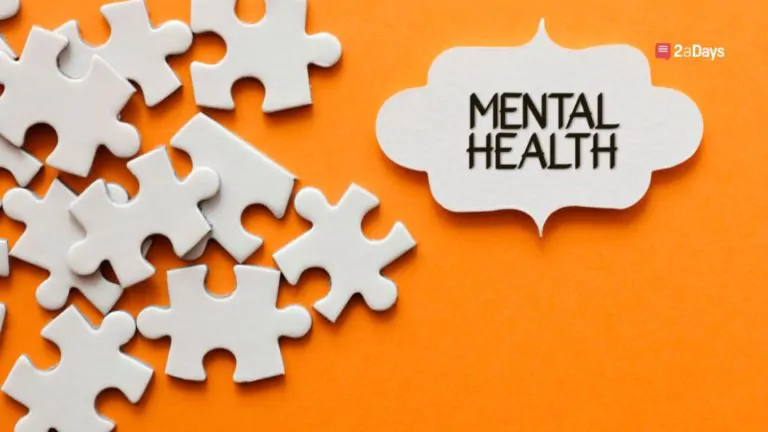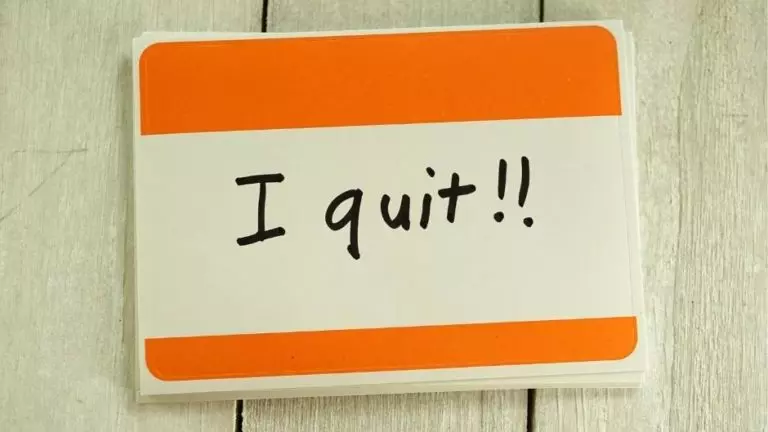Content Warning: Abusive Coaching
Has your coach ever made you feel bad about yourself? Made you feel incompetent at your sport, or criticized you to the point where you start to question why you're even still competing? If so, you're not alone. It's estimated that 25%-75% of young athletes experience emotionally abusive coaching practices, with that statistic only increasing as the level of competition increases.
Maybe your coach doesn't mean to offend you, it's just their style of coaching. But chances are, this treatment is still affecting your mental health. Here are some tips on what to do if you're in this situation.
Separate Yourself From Your Sport
It's very easy to get caught up in your sport. After all, it's something you are truly passionate about and dedicate a lot of time to. So it's very important to remember that you are bigger than your sport. The sport you play may be a part of your identity, but it does not represent you as a person or all of the things you are capable of. Your sport does not define you. Go over this with yourself, take a step back, and separate yourself from your sport for a moment. Maybe start to dedicate more time to any other hobbies you have. If you don't have any specific ones in mind, try tagging along with a friend who has one to get an idea of what you might like to do.
Talk to Someone
It can be a parent, another coach, teammate, NARP friend, or mental health professional. Explain your situation and why you think your coach is impacting your mental health. Provide examples of things your coach may have said to you so whoever you're talking to about your situation knows the extent of the issue. Talking through the issue out loud may help you process what you're going through. Talking to others can help you feel validated, as well as help you get advice from people who are outside of the situation. Talking to a mental health professional will help you get valuable feedback and effective tips on what to do moving forward. If you're in college, your school should provide mental health resources such as sports psychologists. If you're not, try talking to your parents about setting up an appointment with a therapist.
Talk to Your Coach
When you feel ready and have thoughtfully planned out what you are going to say, talk to your coach. Schedule an actual time to meet with them in their office, rather than just trying to speak with them right before or after practice. This will help them realize that you want this to be a serious talk, and will prevent them from cutting the conversation short because they have to leave.
Related: Pros & Cons of Different Mental Health Treatments for College Athletes
Having a conversation about how they are treating you will bring to their attention that their behavior is unacceptable, and prevent them from continuing to do so. Your coach may not realize what they are doing in the moment, so it is important to speak up and bring the issue to their attention. This conversation may seem tough to go through with but it is the best way to address the issue. It can help set boundaries with your coach and strengthen your bond in the long run. Your coach is supposed to be your biggest supporter, you should feel comfortable speaking with them about anything (if they are doing their job correctly). If you are still super nervous, you can ask another coach to sit in during the meeting.
Report It
Talking with your coach can help remedy behavior sometimes like when there is a miscommunication or difference in motivational style between an athlete and a coach. For example, maybe a coach is giving tough love, but it comes off more harsh than intended. However, there are also instances where a coach is intentionally targeting an athlete and purposely trying to degrade them using tactics that can be emotionally scarring. If you suspect that your coach is emotionally abusing you, it may be best to report it. One resource that is helpful for situations like this is SafeSport, which is an organization dedicated to preventing abusive coaching. Colleges also often provide anonymous hotlines through athletics where you can report behavior like this.
Related: Three Key Warning Signs of Emotionally Abusive Coaching, According to Experts
It is unfortunate that it's almost common for athletes to experience interactions with their coaches that end up taking a toll on their mental health. But that's why it's important to know what to do when you're in this situation. Remember that your sport does not define you; your coach is only targeting something that represents a small part of you. Don't let them invade what is supposed to be your safe space.
If you are in an abusive relationship with your coach, don't hesitate to use your campus's mental health resources or the National Suicide Prevention Lifeline: 1-800-273-TALK (8255).
Have an idea for a story or a question you need answered? Want to set up an interview with us? Email us at [email protected]
* Originally published on July 8, 2022, by Sammie Grant







